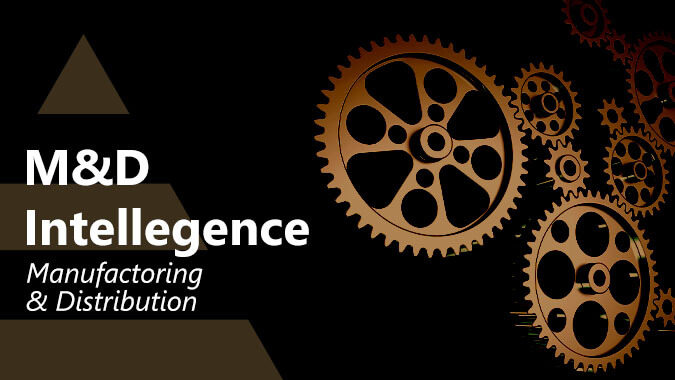
Three Tax Deadlines You Don’t Want to Miss
- Published
- Jul 8, 2020
- By
- Miri Forster
- Topics
- Share
The CARES Act provides opportunities for taxpayers to claim refunds and more quickly address liquidity concerns. But time is running out to file the following claims.
Net Operating Loss Refund Claims
The CARES Act provides up to a five-year carryback of net operating losses (NOLs) and the potential for refunds at pre-2018 tax rates (for example, 35% for corporations). See IRS Clarifies COVID-19 Relief for Taxpayers Claiming Net Operating Losses and Minimum Tax Credits for further details.
Refund claims due by July 15, 2020:
- Form 1139 tentative refund claims for corporate NOLs generated in tax years beginning on or after January 1, 2018 and ending on or before June 30, 2019 are due by July 15, 2020 according to a new FAQ released by the IRS.
- Similarly, individuals can carryback an NOL generated in 2018 as a result of changes to the excess loss limitation rules in IRC Sec. 461(l) by filing a Form 1045 tentative refund claim by July 15, 2020.
Refund claims due by July 27, 2020:
- Form 1139 (corporate) and Form 1045 (estate and trust) tentative refund claims to carryback NOLs arising in fiscal years beginning before January 1, 2018 and ending after December 31, 2017 are due no later than July 27, 2020.
Favorable 2018 and 2019 partnership adjustments
Amended partnership returns due before September 30, 2020:
In place of filing an Administrative Adjustment Request (AAR) under the centralized partnership audit regime (the “BBA”), partnerships (and their investors) can claim prompt relief by filing amended partnership returns for 2018 and 2019 and issuing amended Schedule K-1 before September 30, 2020. Eligible BBA partnerships are those that filed Forms 1065 and furnished Schedules K-1 for 2018 or 2019 prior to April 8, 2020. These amended partnership returns may take into account tax changes brought about by the CARES Act as well as any other tax attributes to which the partnership is entitled.
The option to file an amended Form 1065 or an AAR for 2018 or 2019 should be considered alongside considerations for filing Form 3115 (Application for Change in Accounting Method) to request an automatic change of accounting method with respect to qualified improvement property. With amended Schedules K-1, partners will be able to take advantage of the benefits afforded by the CARES Act without waiting until the filing of their 2020 return as required under the centralized regime.
For further information, see The IRS Provides Welcome Relief to Partnerships Claiming Benefits under the CARES Act.
What's on Your Mind?
Start a conversation with Miri
Receive the latest business insights, analysis, and perspectives from EisnerAmper professionals.












